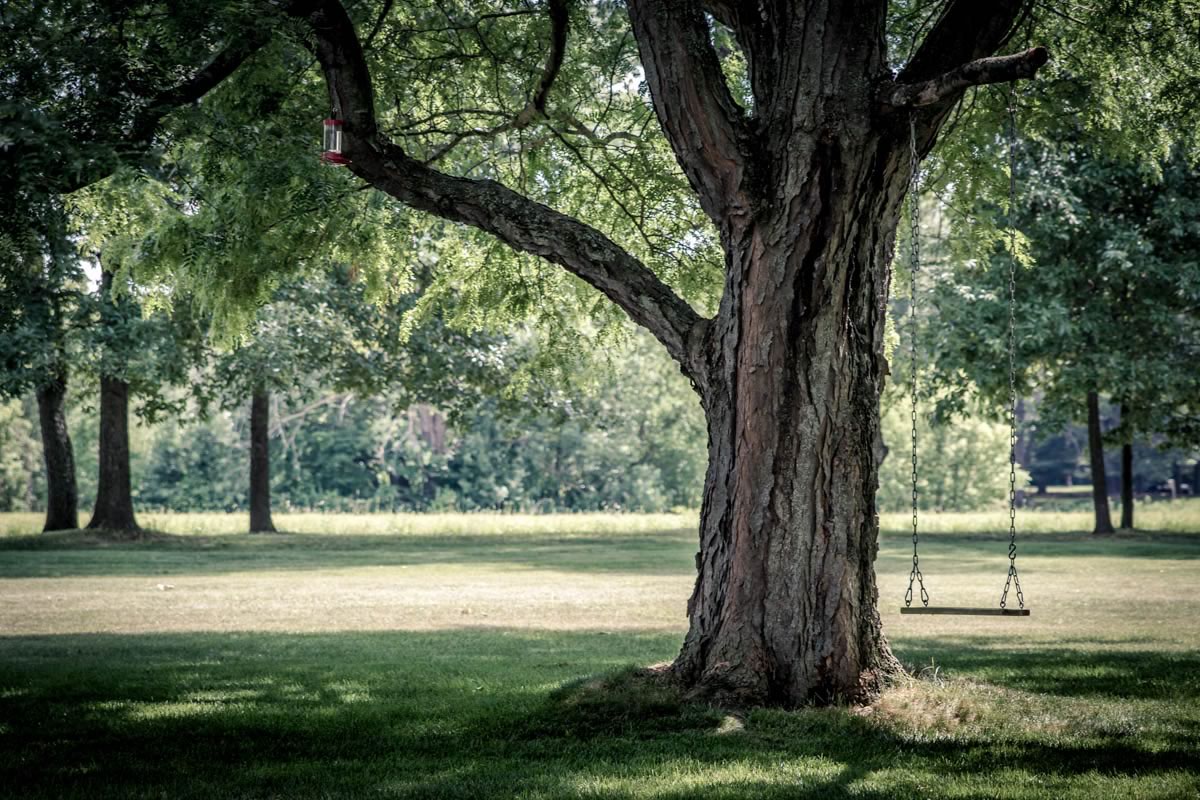Wellbeing Lothian
NHS Lothian | Our Services
CONTACT NHS LOTHIAN
Lothian NHS Board
Waverleygate
2-4 Waterloo Place
Edinburgh
EH1 3EG
Main Switchboard: 0131 242 1000
Waverleygate
2-4 Waterloo Place
Edinburgh
EH1 3EG
Main Switchboard: 0131 242 1000
YOUR RIGHTS
OUR VALUES INTO ACTION
WORKING WITH NHS LOTHIAN
MEDIA ENQUIRIES
PARTNERS
- NHS Scotland Boards
- Scottish Government
- City of Edinburgh Council
- East Lothian Council
- Midlothian Council
- West Lothian Council
- East Lothian Health & Social Care Partnership
- Edinburgh Health & Social Care Partnership
- Midlothian Health & Social Care Partnership
- West Lothian Health & Social Care Partnership
- Police Scotland
- Scottish Fire & Rescue Service
- © NHS Lothian
- |
- Disclaimer
- |
- Privacy & Cookies
- |
- Accessibility



















